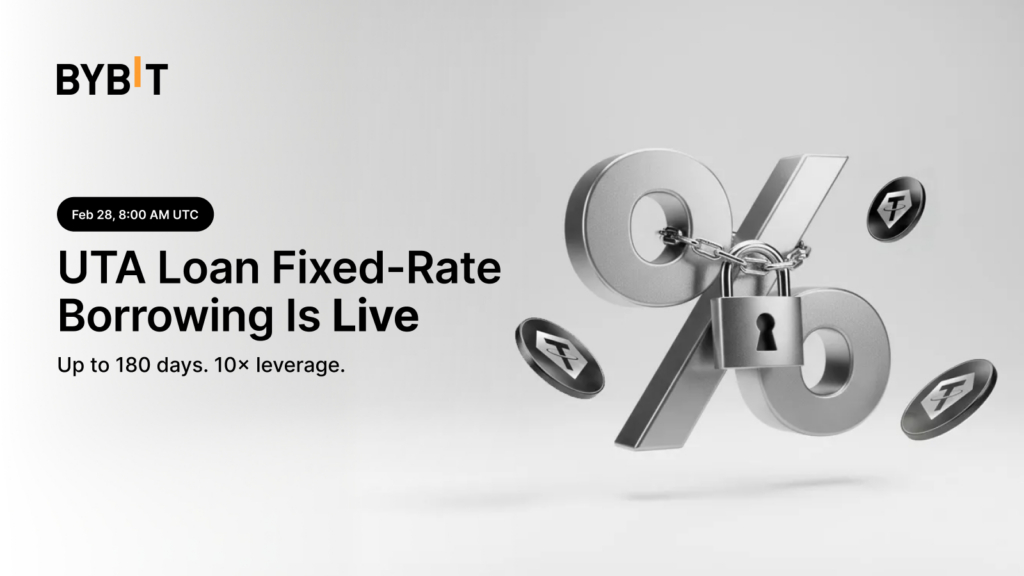BlackRock, the world’s largest asset management company, is making another attempt to launch a Bitcoin spot exchange-traded fund (ETF) in the United States.
In partnership with Nasdaq and Coinbase, the firm has re-submitted its application to the U.S. Securities and Exchange Commission (SEC).
If approved, this ETF would be a significant milestone, marking the first-ever spot Bitcoin ETF in the country. However, the road to regulatory approval for such ETFs has been challenging, with previous applications facing concerns about market manipulation, investor protection, and custody issues.
The SEC has been cautious in granting approval for Bitcoin ETFs, as they involve unique challenges and risks. Previous applications have faced rejections or delays due to various regulatory concerns.
The primary stumbling blocks have been issues related to market manipulation, safeguarding investors, and ensuring proper custody of the underlying digital assets.
Despite these challenges, the demand for a regulated and easily accessible Bitcoin ETF remains high among institutional and retail investors.
In collaboration with Nasdaq and Coinbase, BlackRock is taking another shot at obtaining SEC approval for its Bitcoin spot ETF.
This ETF would allow investors to buy and sell Bitcoin on the stock exchange without owning the underlying asset directly.
With BlackRock’s reputation and expertise in asset management, Nasdaq’s technological prowess, and Coinbase’s experience in cryptocurrency exchange services, the joint bid aims to address regulatory concerns and increase the chances of approval.
Overcoming Regulatory Hurdles: One of the key regulatory concerns expressed by the SEC was the lack of clarity about the intermediary cryptocurrency exchange in previous applications. To address this issue, many companies, including BlackRock, have specified Coinbase as the intermediary for their ETFs. This move clarifies the custodial arrangements and enhances transparency in the ETF structure.
The potential approval of a Bitcoin spot ETF in the United States could have far-reaching implications for the cryptocurrency market.
Such an ETF would open the doors for a broader range of investors, including institutional players, to gain exposure to Bitcoin without directly holding the digital asset.
It could lead to increased adoption, liquidity, and mainstream acceptance of cryptocurrencies. Additionally, approval of the ETF could pave the way for other crypto-related financial products, further integrating digital assets into traditional financial markets.



